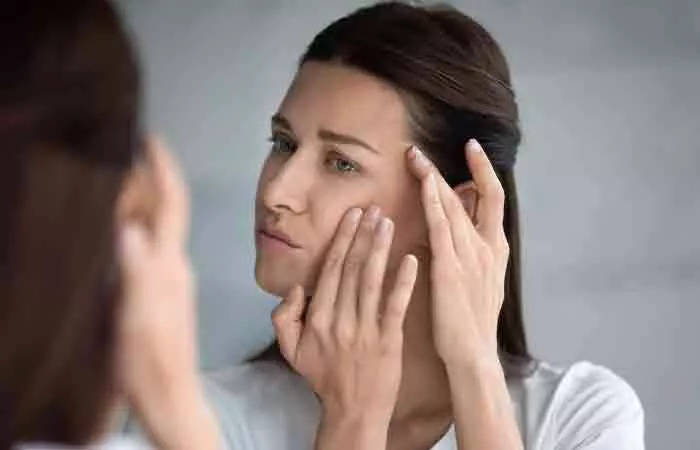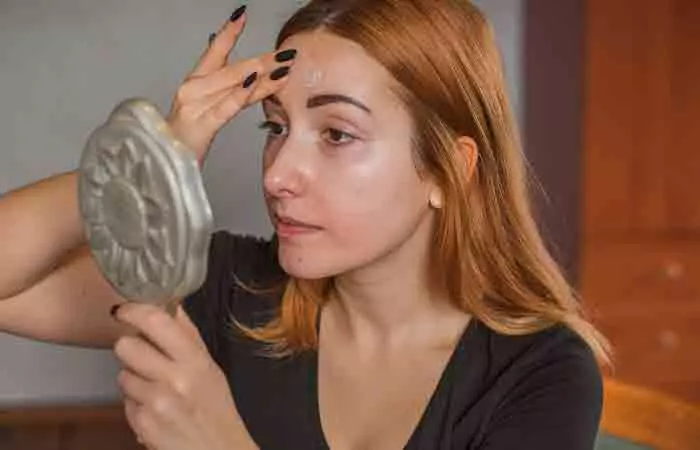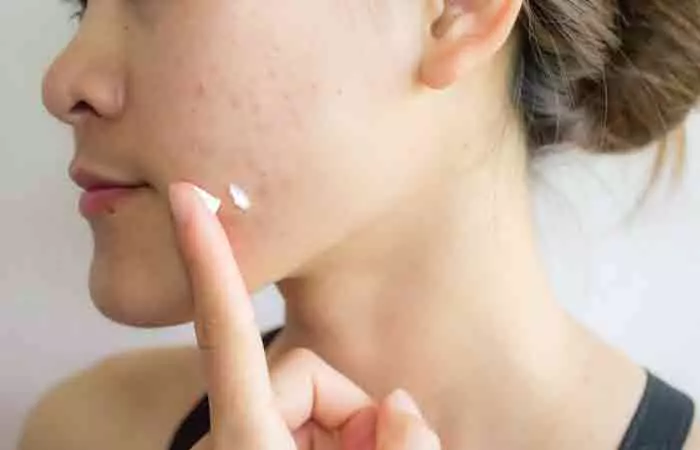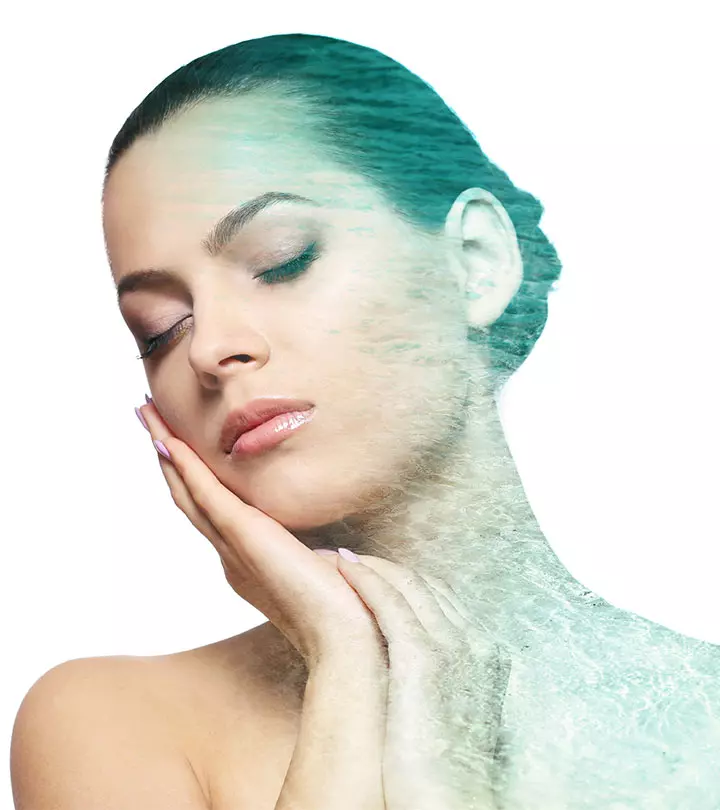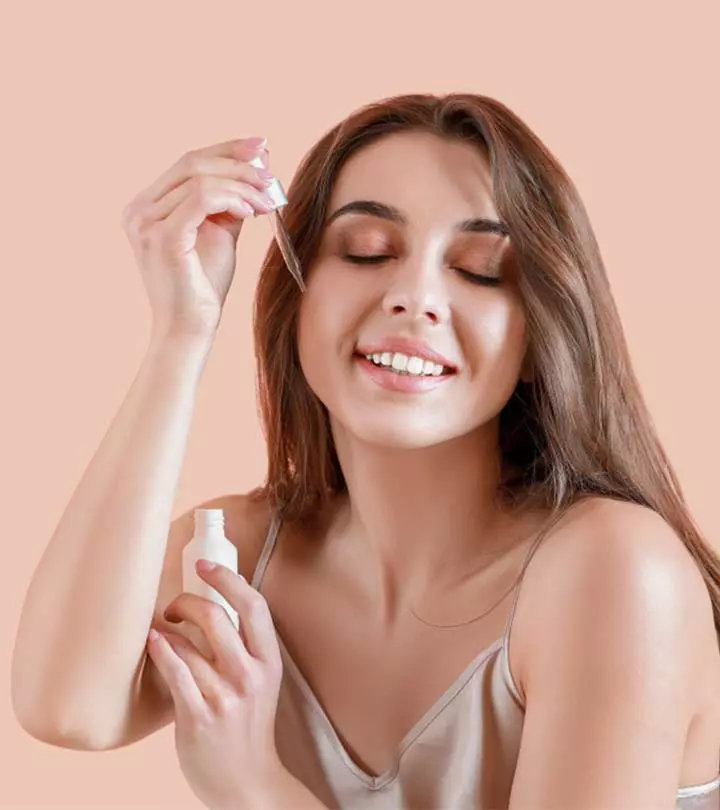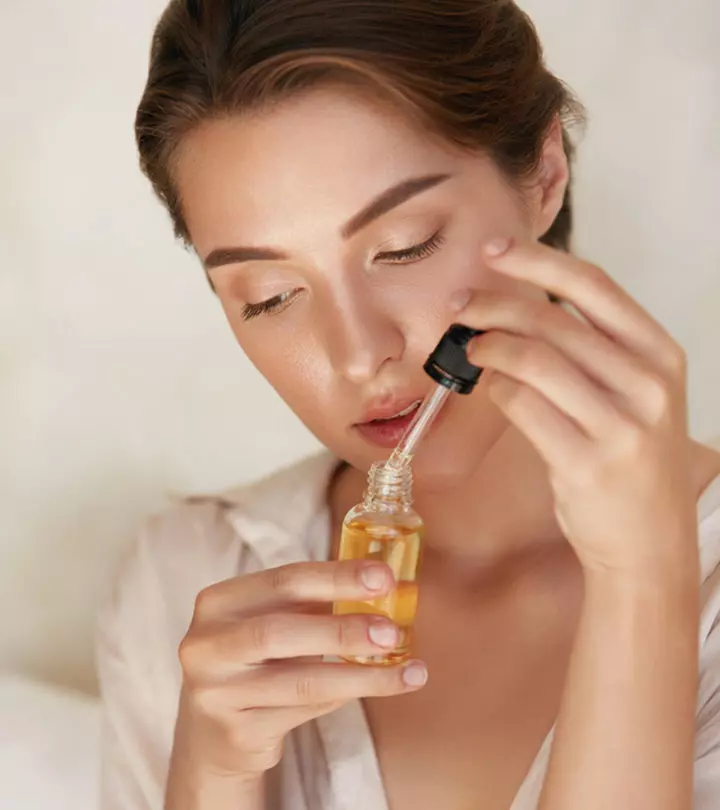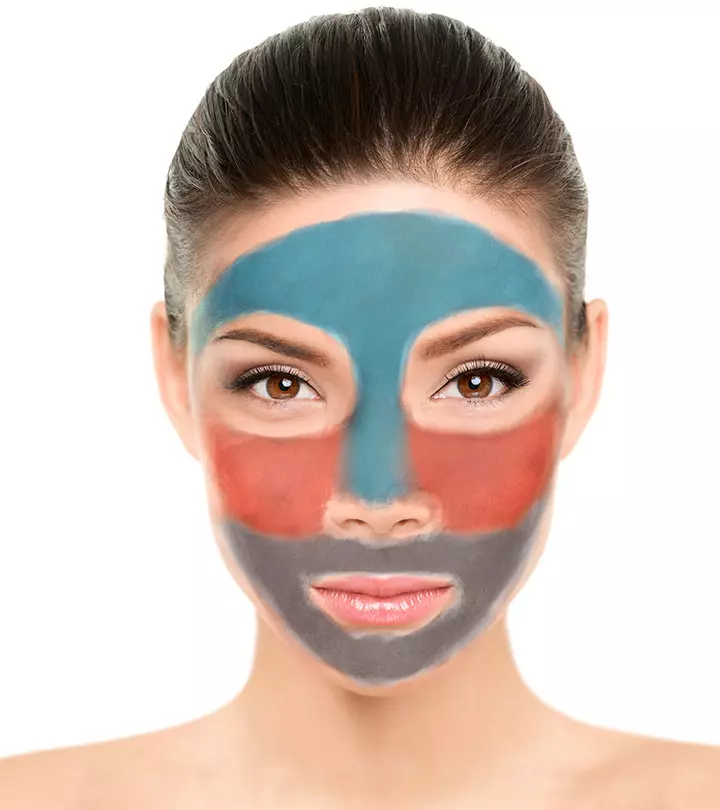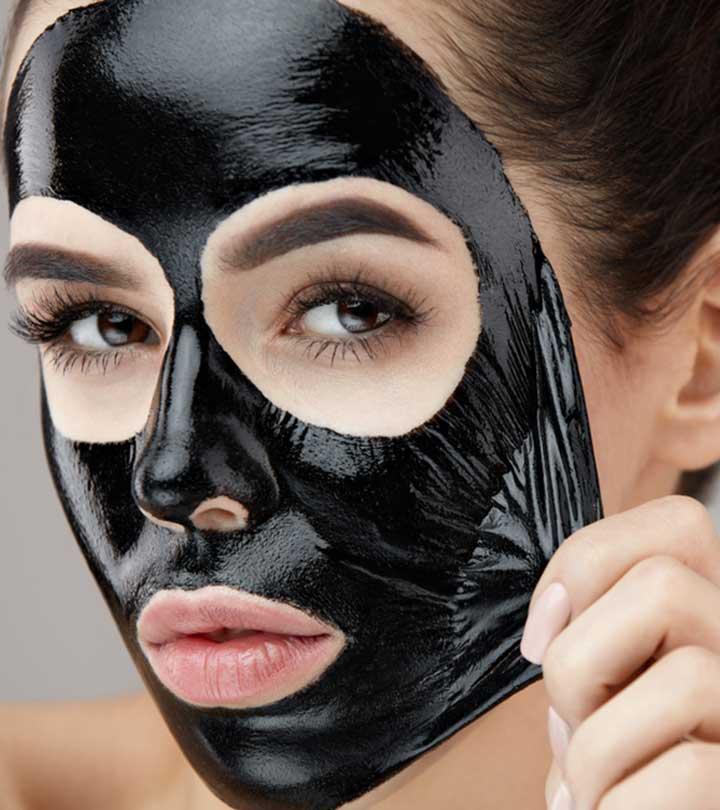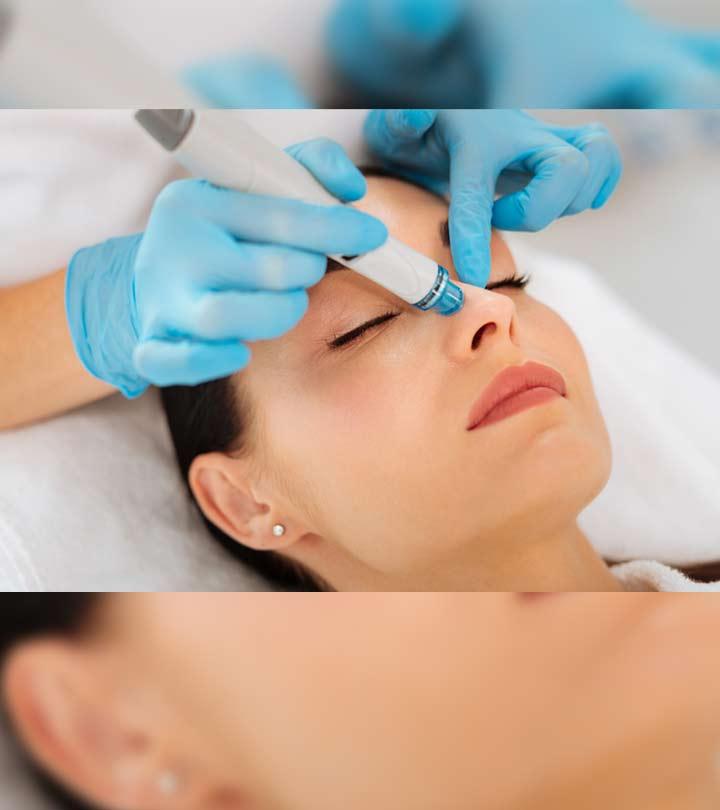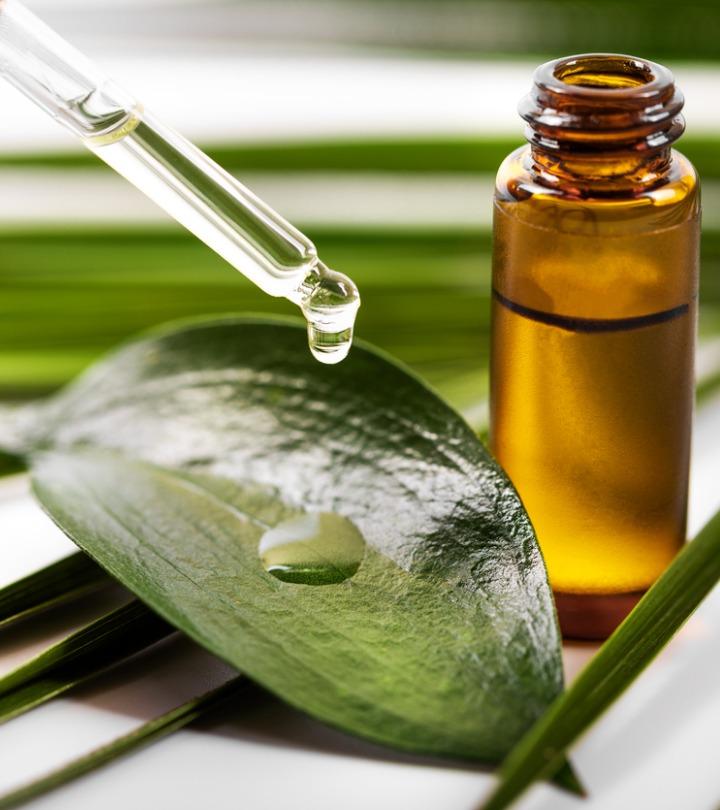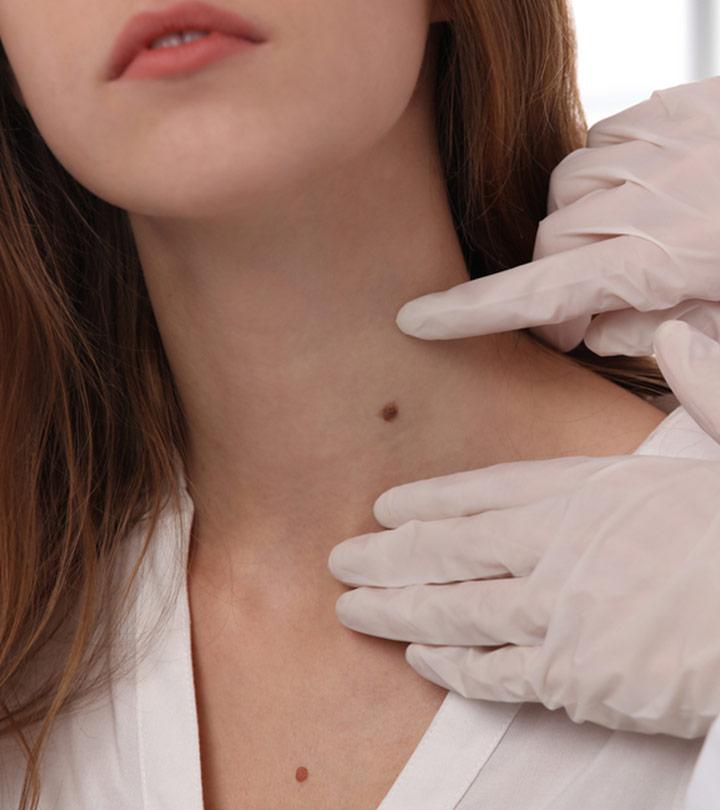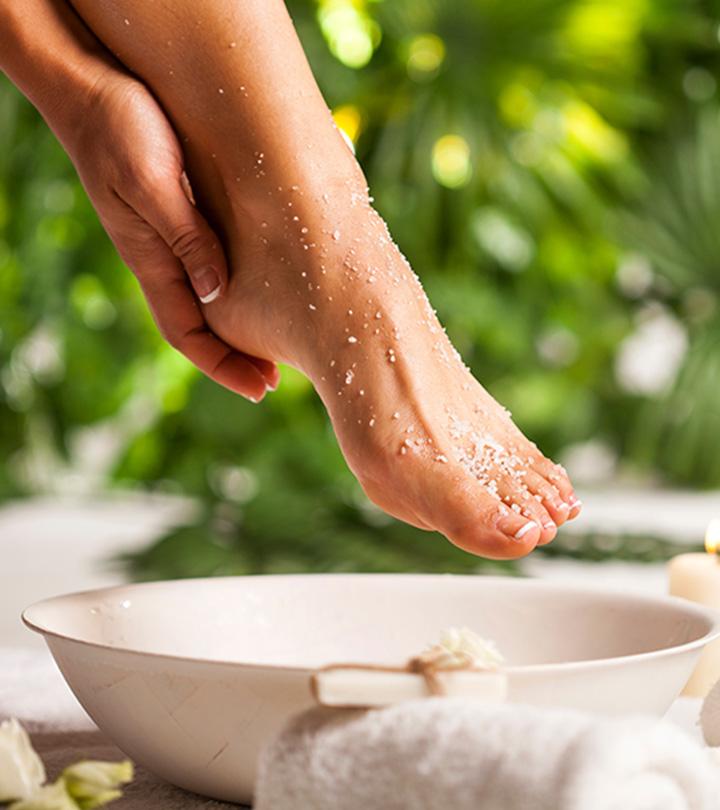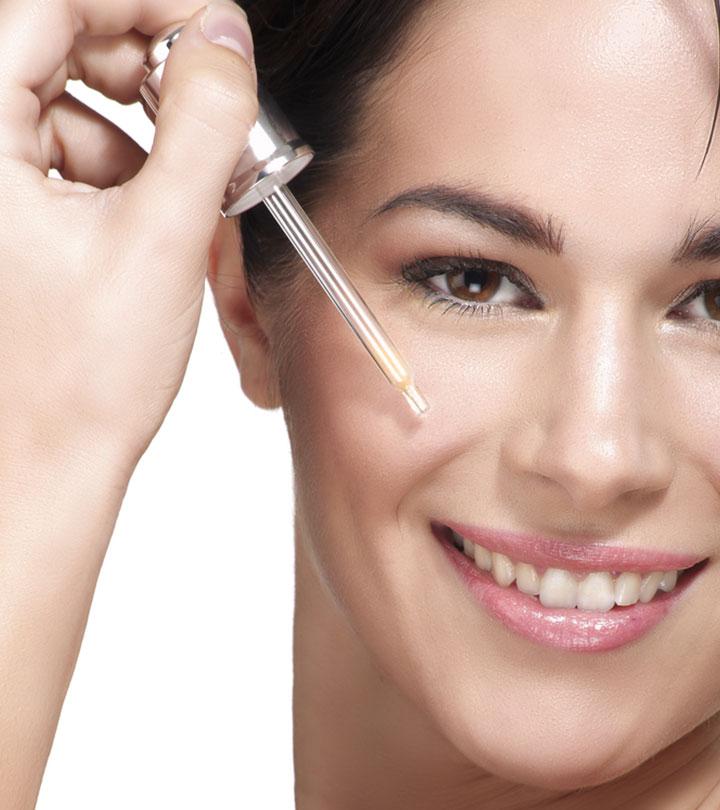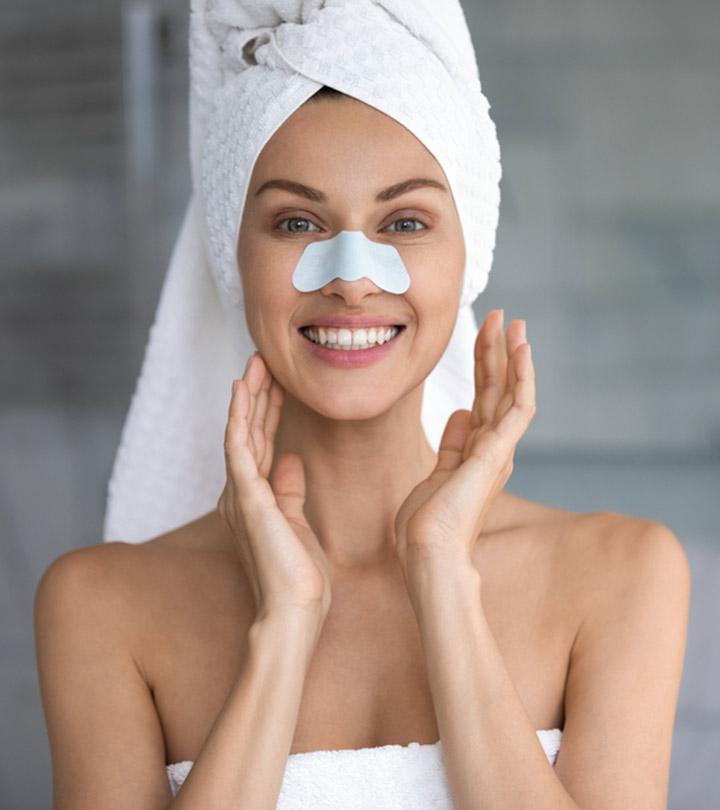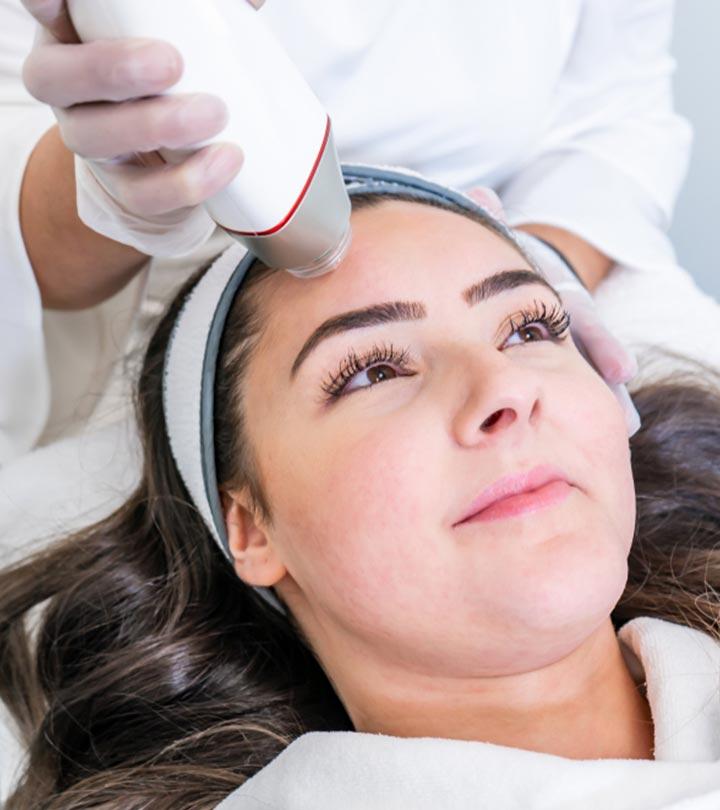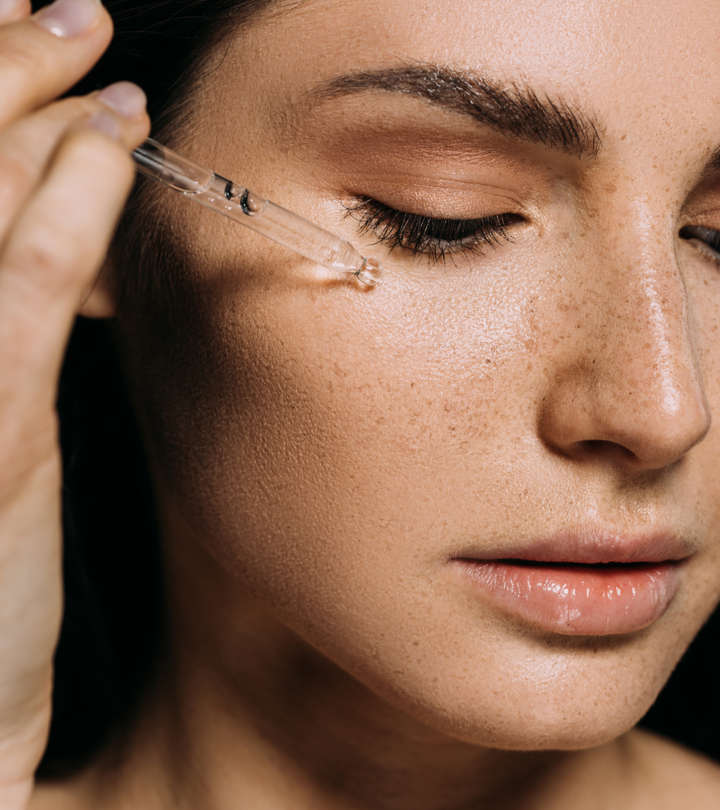Sodium PCA – Benefits And How To Use For Your Skin
Bid adieu to skin issues like dryness, clogged pores, UV damage, and eczema.
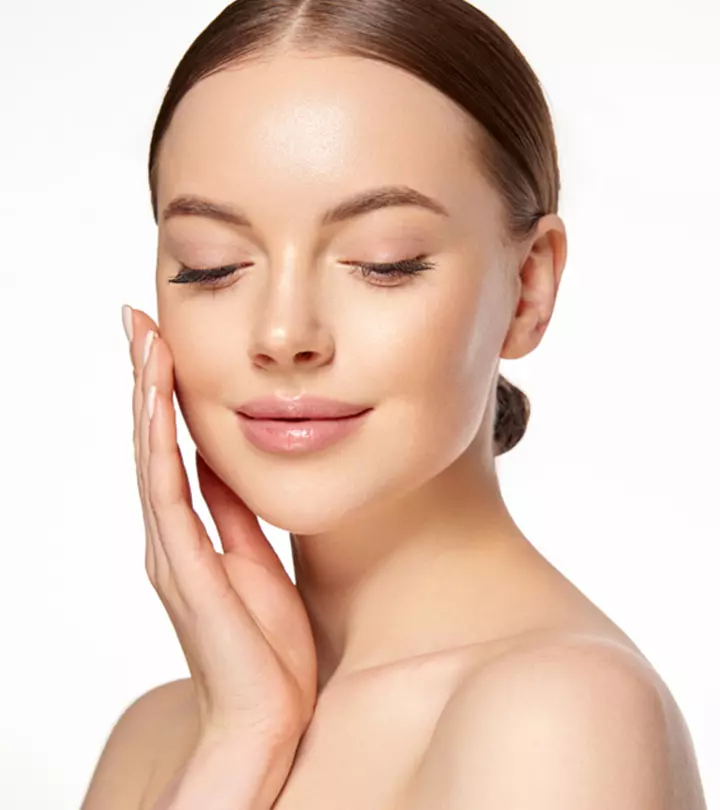
Image: ShutterStock
The benefits of sodium PCA for skin are so wide-ranging that almost all lotions, creams, shampoos, and serums use this ingredient. This plant-based humectant locks up the moisture in the skin and keeps it hydrated.
It can help reduce the risk of dry skin disorders like eczema, improve skin barrier function, and has anti-aging properties.
In this article, we have explained the benefits of this natural humectant, its potential side effects, and the best ways to use it. Let us get started.
In This Article
What Is Sodium PCA?
Sodium PCA is a natural plant-based humectant that seals skin moisture to replenish and hydrate it. It is a salt derived from proline (an amino acid). It attracts water droplets from your environment and seals them in your skin. This ingredient is also found in hair care products like shampoos and hairsprays for its conditioning and water-retention properties.
Interestingly, sodium PCA is also formed when a type of protein (called filaggrin) breaks down due to a reaction with dead skin cells (also called corneocytes). Thus, the natural moisturizing factor of your skin already consists of 12% sodium PCA made of tiny proteins, sugar, amino acids, and lactic acid. These, together, keep your skin’s surface healthy and hydrated.
 Trivia
TriviaWe look at the benefits of sodium PCA in the next section.
What Are The Benefits Of Sodium PCA?
1. May Diminish Signs Of Aging
Sodium PCA is naturally found in your body. But its levels reduce with increasing age, causing premature signs of aging. Hence, incorporating sodium PCA-based skincare products into your regimen can help with skin-elasticity as well.
Sodium PCA may delay the onset of common aging signs like wrinkles and fine lines. It works by enhancing the skin’s ability to hold water (1).
2. Helps Hydrate Skin
The hygroscopic (absorbing moisture from air) properties of sodium PCA allow it to trap water inside your skin. Most skin care products contain 1 to 2% sodium PCA, which is sufficient to keep dryness at bay (2) . Sodium PCA enters the uppermost skin layer and subsequently passes to the inner layers, keeping skin hydrated from within.
3. Helps Maintain The Skin Barrier
Studies show that sodium PCA improves the skin’s protective barrier by preventing moisture loss (3). It also reinforces the intercellular glue to keep the skin cells together. It prevents the growth of bacteria and allergens that causes acne and breakouts and clog pores. In addition, when you protect your skin’s natural barrier, you also immunize it against environmental aggressors such as pollutants and UV rays.
4. May Treat Eczema
Eczema is caused when dryness and inflamed skin lead to excess irritation, itching, and scaling. As per research, sodium PCA, in combination with other skin protective additives, can help treat issues like eczema. Sodium PCA seems to be an efficient solution (4). You can observe results within two weeks from use. It also may enhance skin texture, reduce eczema symptoms, and increase skin moisture levels.
5. Is Non-Comedogenic
Sodium PCA is non-comedogenic. It does not clog pores. It makes the perfect choice for oily and acne-prone skin. However, more research is warranted in this regard (5).
 Trivia
TriviaThese are the few important benefits of sodium PCA. But how can you make use of it? Keep reading to know more.
How To Use Sodium PCA For Skin?
Skincare products like lotions, creams, shampoos, serums, and gels usually contain sodium PCA. Your go-to product will probably give you all the sodium PCA you need.
The concentration levels of sodium PCA in skincare and cosmetic products remain between 0.2 to 40%. The chemical may not irritate your skin even at concentrations up to 50%. However, consult your dermatologist to understand the concentration ideal for you.
Sodium PCA is often compared with hyaluronic acid. But how are the two different?
Sodium PCA Vs. Hyaluronic Acid
Hyaluronic acid is found in many skincare products due to its moisture-binding abilities. Sodium PCA works like hyaluronic acid and helps enhance your skin’s moisture content. Both these moisturizing agents are natural humectants, but they only differ in terms of their functioning.
Hyaluronic acid can hold up to 100 times its weight in water. In comparison, sodium PCA can hold up to 250 times its weight when dissolved in water. The latter is more effective in sealing skin moisture. Besides, sodium PCA is 1.5 times more effective than glycerine and twice as potent as propylene glycol.
Like most other ingredients, sodium PCA also poses a few risks. We discuss them in the next section.
Side Effects And Risks Of Sodium PCA
Reports from the International Journal of Toxicology suggest that sodium PCA is safe for use in skincare products. Sodium PCA is also a non-sensitizing ingredient and generally does not irritate your skin. It also may work well on all skin types.
Topically applied sodium PCA will not penetrate the skin deeper than required. However, it must not be mixed with cosmetic or skincare products with nitrosating ingredients as the two can react and produce carcinogenic substances.
Sodium PCA is a plant-based humectant commonly used in a wide variety of cosmetic products. Some of the benefits of using sodium PCA may include slowing down skin aging, moisturizing the skin, and may help manage skin conditions such as eczema. What differentiates sodium PCA from hyaluronic acid is its ability to seal moisture effectively. Studies suggest that sodium PCA is safe for use and is suitable for all skin types. It is highly effective for skin moisturization and hydration, making it a great ingredient for maintaining your overall skin health. Make sure to not mix it with other skincare products containing nitrosating ingredients to avoid any reaction. Consult a dermatologist for the right dosage and instructions.
Frequently Asked Questions
What is the pH of sodium PCA?
Sodium PCA has a pH that ranges from 6.5 to 7.5.
Is sodium PCA safe for pregnancy?
Currently, there are no studies that indicate whether sodium PCA can be safely used during pregnancy or not. Consult your doctor for further information before using it.
Is sodium PCA the same as sodium lactate?
No, sodium PCA and sodium lactate are two different substances. Sodium lactate is a plant-based humectant, while sodium lactate is a natural humectant found in human skin. Both sodium PCA and sodium lactate are natural moisturizing factors that are commonly used in cosmetic products.
Key Takeaways
- Sodium PCA is a humectant that helps keep the skin moisturized and hydrated.
- It also protects the skin’s natural barrier and shields it against environmental aggressors.
- It is naturally present in our body, but its levels diminish as we age, leading to wrinkles and fine lines.
- However, you can replenish sodium PCA levels by using serums, lotions, creams, etc.
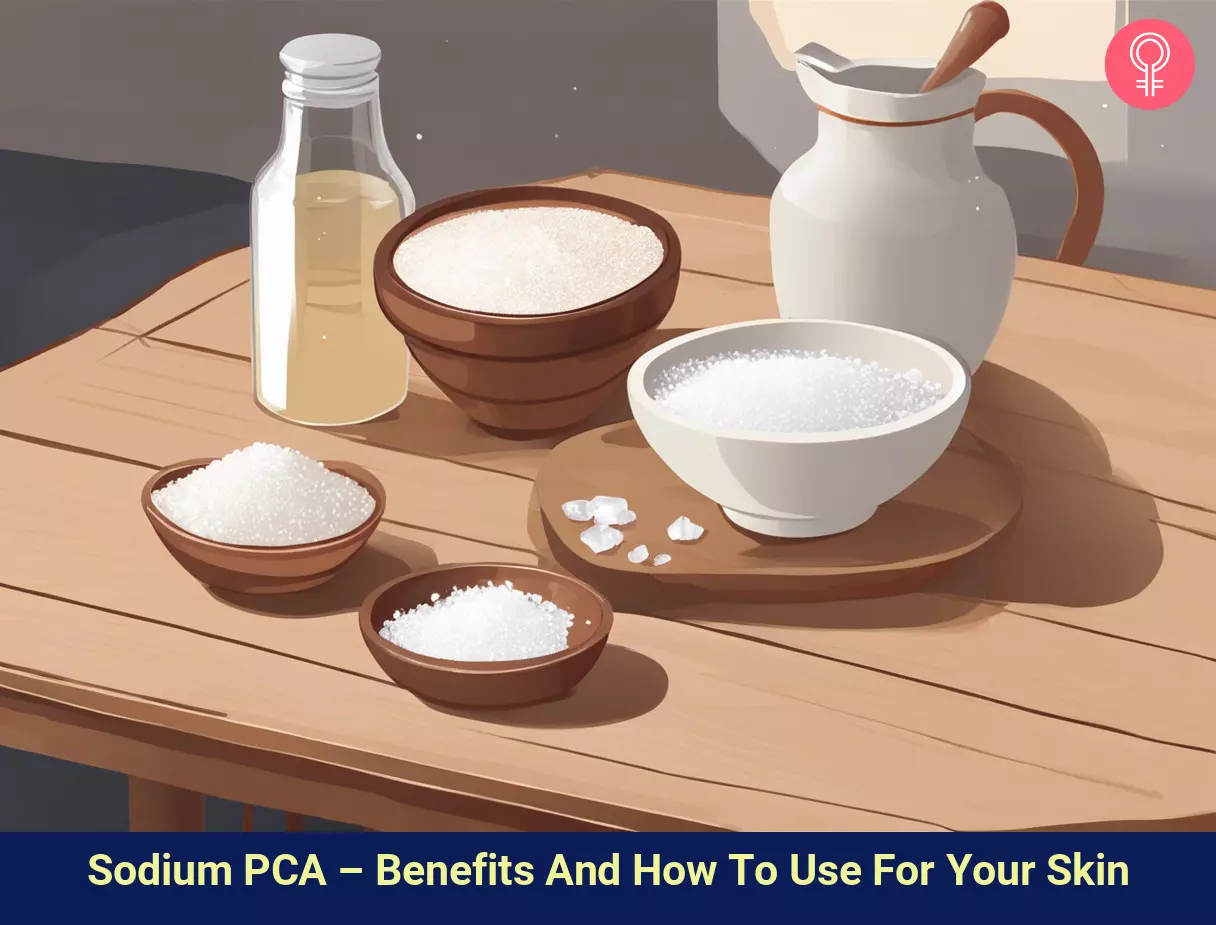
Image: Stable Diffusion/StyleCraze Design Team
Learn the amazing health benefits of sodium PCA in skin care and get the best beauty tips to keep your skin looking healthy and glowing. Watch this video to know more.
References
Articles on StyleCraze are backed by verified information from peer-reviewed and academic research papers, reputed organizations, research institutions, and medical associations to ensure accuracy and relevance. Read our editorial policy to learn more.
- Use of formulations for sensitive skin improves the visible signs of aging, including wrinkle size and elasticity
https://www.ncbi.nlm.nih.gov/pmc/articles/PMC6559254/ - Pyrrolidone carboxylic acid and the skin
https://pubmed.ncbi.nlm.nih.gov/19469932/ - Skin hydration is significantly increased by a cream formulated to mimic the skin’s own natural moisturizing systems
https://www.ncbi.nlm.nih.gov/labs/pmc/articles/PMC6197824/ - A pilot study investigating the efficacy of botanical anti-inflammatory agents in an OTC eczema therapy
https://www.researchgate.net/publication/284559959_A_pilot_study_investigating_the_efficacy_of_botanical_anti-inflammatory_agents_in_an_OTC_eczema_therapy - Final Safety Assessment for PCA and Sodium PCA
https://journals.sagepub.com/doi/abs/10.1177/109158189901800206
Read full bio of Dr. Swati Mutha
Read full bio of Ramona Sinha
Read full bio of Monomita Chakraborty





